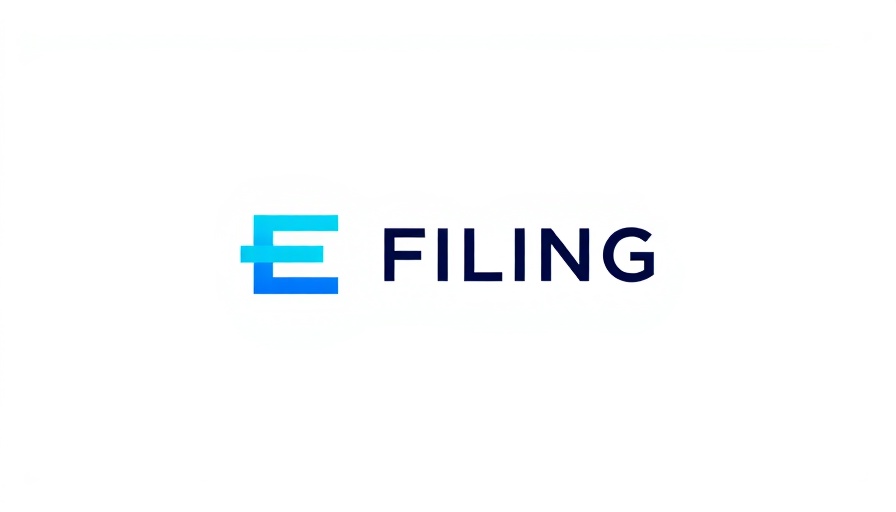
Understanding the 2025 Trust Filing Season Changes
The South African Revenue Service (SARS) has introduced significant updates to the Income Tax Return for trusts (ITR12T) as the filing season commences on September 20, 2025. These updates reflect crucial legislative amendments aimed at improving compliance and tax reporting for trusts in South Africa. This piece critically examines the implications of these updates, their historical context, and the potential future effects on trust management.
A Historical Perspective on Trusts in South Africa
Trusts have played a pivotal role in South Africa’s socio-economic landscape. Originally conceived for wealth preservation and estate planning, the use of trusts has broadened over the decades. With globalization, South Africa’s tax framework has evolved, responding to international standards and the necessity for transparency. The changes announced today not only reflect domestic considerations but also align with global practices in taxation and corporate governance.
Revisiting the Definition of a Trust
One of the cornerstone changes in the Income Tax Act is the new definition of a trust, now encompassing portfolios from collective investment schemes and hedge funds. This modification is a strategic response to the growing complexity of investment vehicles and markets. By broadening the definition, SARS is both enhancing the clarity of tax implications for trusts and ensuring they are recognized in the wider financial ecosystem.
Tax Credits and Non-Resident Beneficiaries: New Guidelines
Another critical update involves the eligibility for foreign tax credits for trusts, effective March 1, 2025. As outlined in section 6quat(1A)(a)(iii) of the Income Tax Act, this means South African trusts can now offset foreign taxes paid against local taxes due. This measure aims to alleviate the tax burden on trusts engaging with international investments but introduces complexities regarding the calculation and reporting of these credits.
Furthermore, the amendments in section 25B limit the flow-through principle exclusively to resident beneficiaries, which poses new compliance challenges for trusts with non-resident beneficiaries. Such trusts may now find themselves liable for provisional tax and must navigate any resultant administrative burdens diligently.
The Need for Compliance: Lessons from the Pandemic
As trust filings begin amidst these changes, it is paramount for fiduciaries to prioritize compliance. The COVID-19 pandemic has underscored the importance of robust and adaptable compliance mechanisms in financial reporting. Much like the public health measures necessitated by the pandemic, meticulous attention to tax law changes is crucial for avoiding potential pitfalls.
The Implications of the Updated Form Wizard
The introduction of the new Form Wizard aims to streamline the filing process and enhance user experience. Key amendments include questions that ascertain details about beneficiaries and founders, thus reinforcing the need for robust documentation practices. These features enhance transparency but also remind trust administrators of their due diligence responsibilities, particularly in confirming beneficiaries' eligibility.
Moving Forward: Strategies for Professionals
As professionals prepare for the 2025 trust filing season, strategic planning becomes essential. A thorough understanding of the amendments will enable trust administrators to better advise their clients. Prioritizing education around the significance of these updates, coupled with a proactive approach to compliance, will ultimately equip professionals to mitigate risks associated with trust management effectively.
Final Thoughts on Trust Dynamics in a Changing Legal Landscape
The evolving regulatory landscape surrounding trusts will undoubtedly continue to impact their management and reporting requirements. Professionals must remain vigilant, prepared to adjust to ongoing changes while fostering transparency and compliance. As we enter this new filing season, understanding these recent changes will be key to ensuring that trust operations remain compliant and financially sound.
In this environment, informed action is paramount. Whether adapting to legislative changes or employing best practices for risk management, professionals are encouraged to engage deeply with these new guidelines. This proactive stance not only safeguards taxpayer interests but also fosters a culture of accountability in the broader financial arena.
 Add Row
Add Row  Add
Add 




Write A Comment